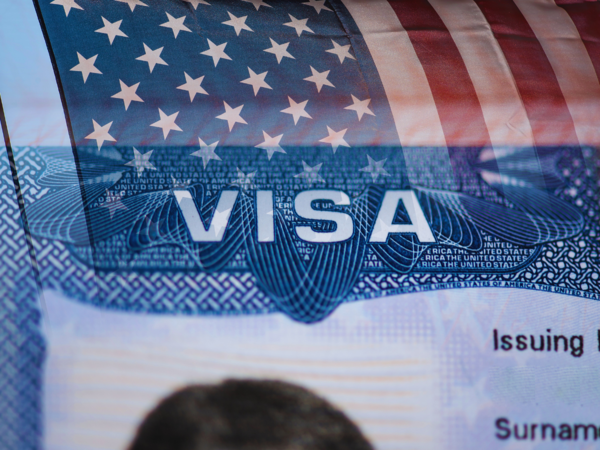Trending
US hits back at China’s Tibet policies with new visa restrictions; find details here
The US has imposed new visa requirements for Chinese officials in response to restricted access to Tibet by foreign tourists, journalists, and diplomats. This action, stemming from the 2018 Reciprocal Access to Tibet Act, aims to ensure transparency and equitable access, escalating US-China tensions.
As per the latest developments, the US has announced new visa requirements for Chinese officials in response to Beijing's ongoing restrictions on travel to Tibet. Strict international access to the region and ongoing human rights concerns align with this action, which aims to promote reciprocal travel policies. The restrictions reflect growing tensions between the two nations, particularly in relation to China's policy in Tibet and other geopolitical matters.
Why the US imposed visa restrictions
Read more: US H-1B lottery 2026: Record low entries, major reforms, and key takeaways
The recent visa restrictions against certain Chinese officials are a direct implementation of the 2018 Reciprocal Access to Tibet Act. This act mandates consequences for officials who deny Americans entry into Tibet, and this measure underscores the US commitment to ensuring transparency and equitable access to the region.

China’s response and diplomatic tensions
This latest move adds to a series of diplomatic confrontations between the two global powers, which have clashed over issues ranging from trade disputes to Taiwan and human rights violations in Xinjiang. As per the experts, this latest move by the US could further strain bilateral relations and provoke retaliatory measures from Beijing.
Read more: Myanmar earthquake updates: Historic sites damaged, travel disruptions continue
Impact on Tibet and global reactions

The topic has also been receiving a lot of attention from the international community. Although few have taken specific steps akin to those done by the US, a number of Western countries have previously expressed concerns about China's policies in Tibet.
What's next?
Tibet continues to be at the centre of a larger geopolitical conflict between the United States and China as tensions remain high. The circumstance highlights the continuous difficulties in international diplomacy, where national sovereignty, human rights, and access remain major issues of disagreement.
End of Article
Follow Us On Social Media
Visual Stories
Tired of too many ads?go ad free now










